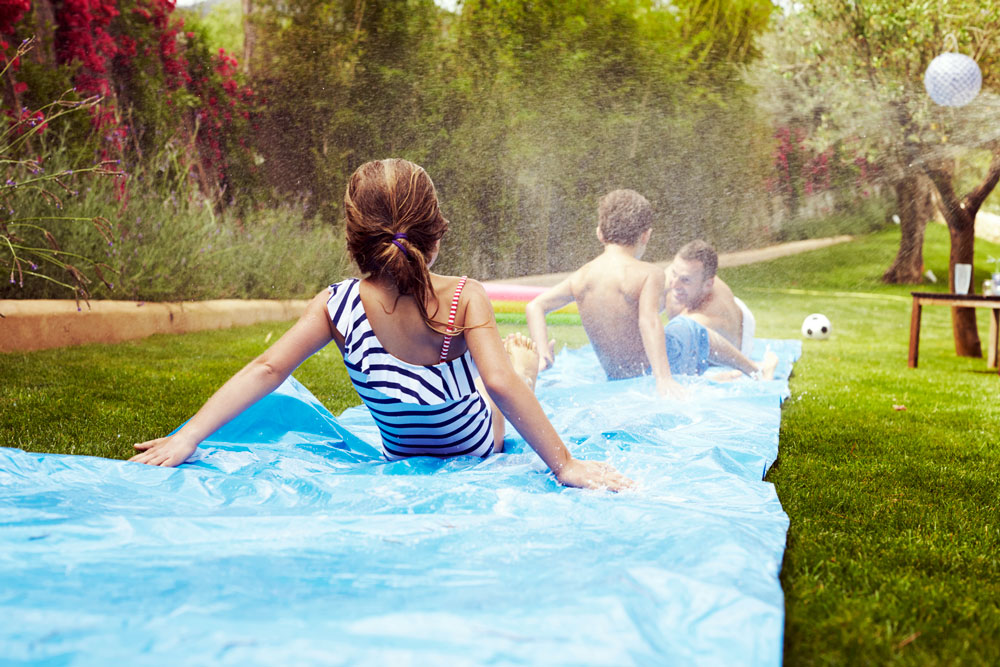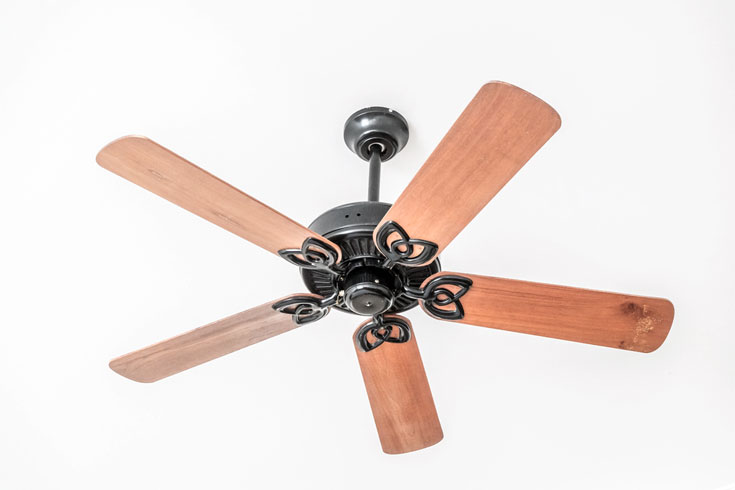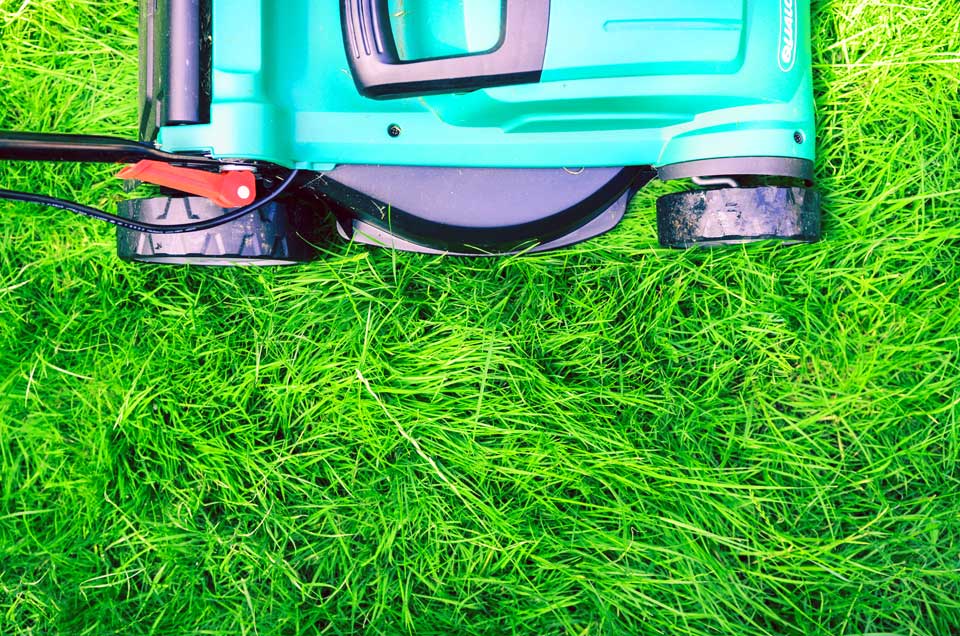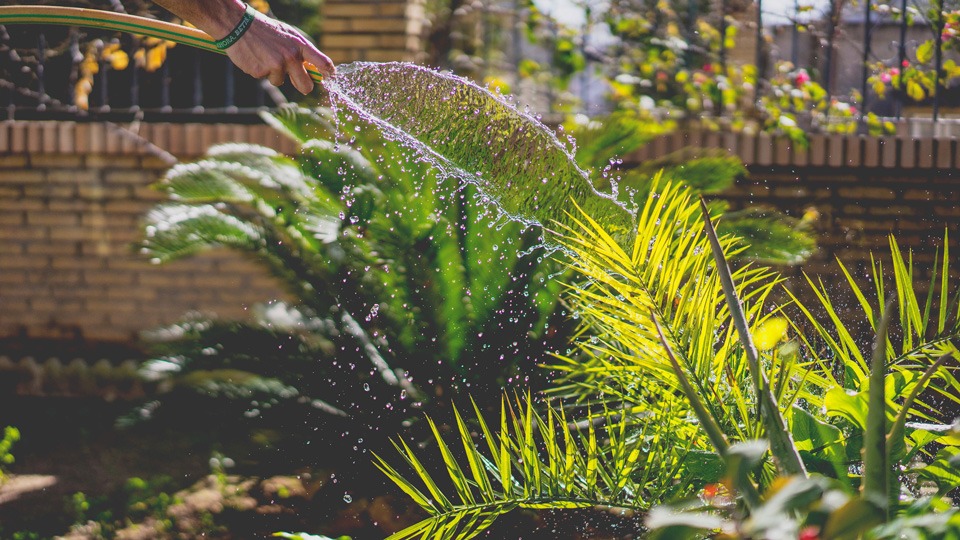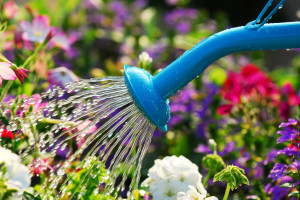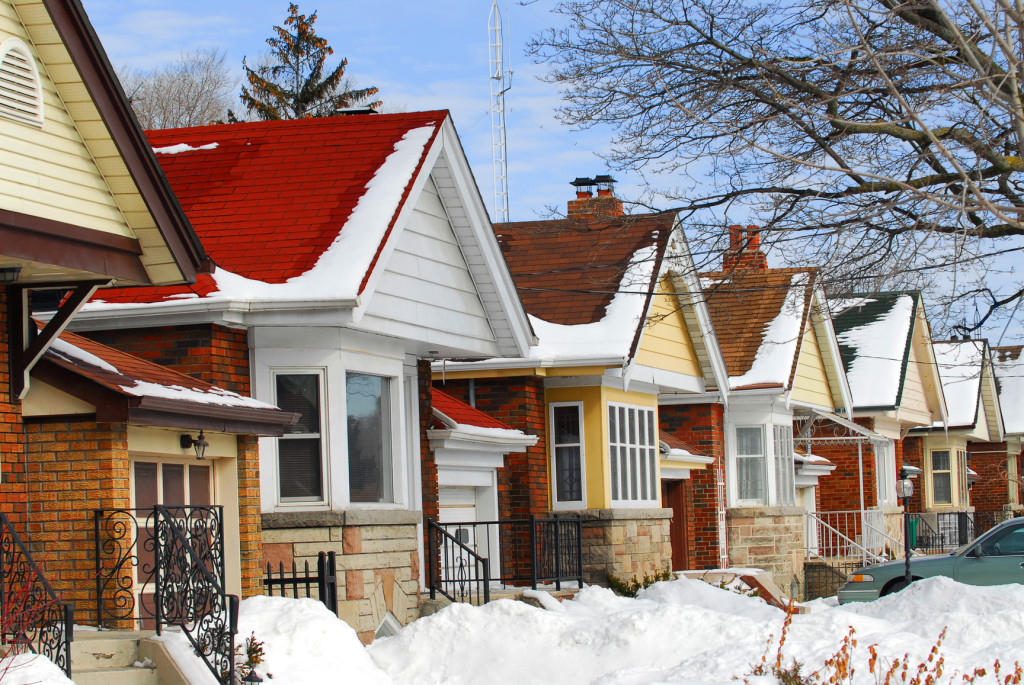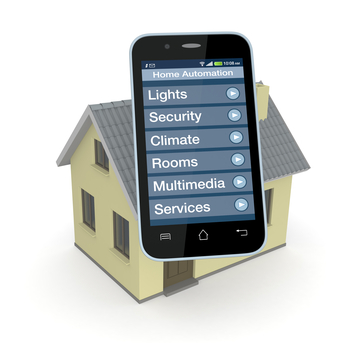The resurgence of everything pumpkin spice means that fall is upon us once again. You are probably as excited to pull out that box of fall décor as we are. If you live in a building (a house, duplex, apartment, condo, etc..) then there are some other important tasks that should be added to your to-do list to make sure your home is well prepared for the change of season.
-
Have your furnace inspected
Don’t get left in the cold. Fall brings cooler temperatures, shorter days, and earlier sunsets. Ensure that your home stays nice and cozy by having your furnace inspected. Contact your preferred local HVAC company to get your furnace checked out and maintenance, if needed.
-
Clean your gutters
Gutters safely carry water from your roof away from your home’s foundation. Blocked gutters can prevent this water from flowing, causing damage to your home, so it is important to clear out any debris that has built up. You can hire someone to do this, or you can do it yourself. Consider getting gutter guards so that water will flow smoothly without your gutters getting clogged with leaves or other debris.
-
Properly insulate your home
Combat the drop in temperature by making sure your home is properly insulated. The most effective way to keep your home warm is to invest in extra insulation, and there are many different options that vary based on your type of home and specific layout. This can be pricey, but will save money on energy bills in the long run. You can also reduce heat loss by covering windows with blinds and curtains.
-
Check outdoor faucets
Make sure all outdoor faucets are turned off. It might be worth doing now, before winter, to avoid water freezing and bursting pipes. Don’t forget to use insulated covers for exterior water spigots.
-
Bring in outdoor items
Depending on the weather, it may be best to pack up outdoor furniture and other patio items that could get damaged. If you have a pool, it might be time to cover it so that it stays clean until next summer.
Following these tips can help you avoid common problems in the fall and winter. By making sure that your home is well prepared, you can relax and enjoy all that this season has to offer.

